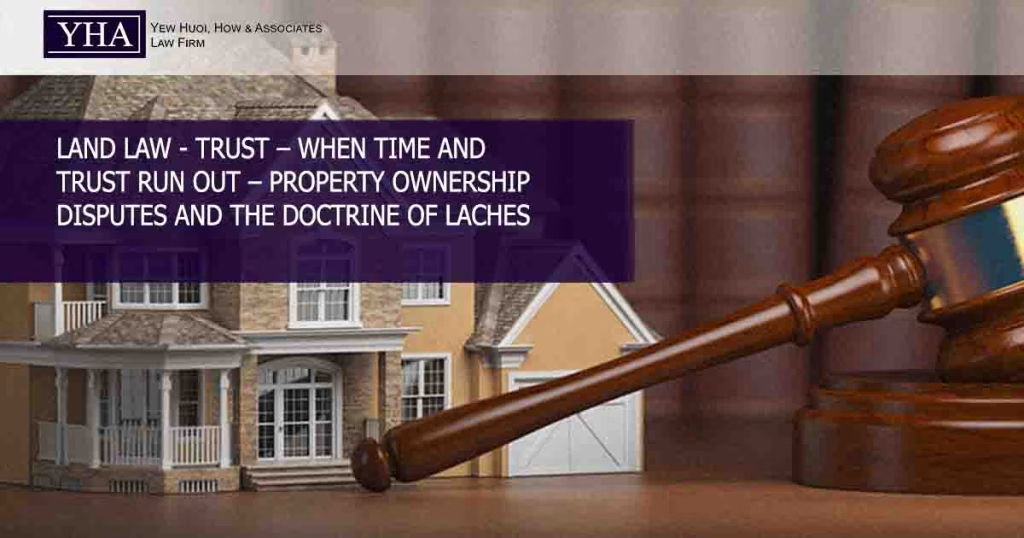Illustrative Scenario
X and Y are siblings. In 1980, their father started a sundry shop business and used the earnings to purchase a piece of land, which was registered in their mother’s name for plantation purposes. X worked at the sundry shop for six years without receiving any salary. As a result, the mother transferred the property to X in 1990. Despite owning the land, X chose to share the plantation income equally with Y, as times were tough and he did not want to deprive his sibling of this income. X alone covered all the quit rent and other expenses related to the land. Both parents passed away in 2000 without leaving a will. In 2013, Y initiated legal action against X, seeking a declaration that X holds the land in trust for both siblings.
The core issue is whether Y can successfully claim that X holds the land on trust for both of them, meaning the land should not belong to X alone.
Legal Principles & Laws
- Section 344 of the National Land Code (NLC): Mandates that any trust must be recorded in the memorial of registration to be recognized.
- Three Certainties of Trust: For a trust to be legally valid, it must satisfy three certainties: certainty of words, certainty of subject, and certainty of object.
- Trust and Land Title: If a land title does not explicitly state that a trust exists, with the trustee’s name mentioned, the registered owner on the title holds the land absolutely, without any obligation to another party not named on the title.
- Doctrine of Laches: If there is an unreasonable delay in asserting a claim or interest over a property, the court may conclude that the doctrine of laches applies, thereby defeating the claim.
Application to the Scenario
- In this scenario, there is no mention in the memorial of registration that X holds the land in trust for the siblings. Additionally, there is no written document or trust deed indicating the existence of a trust. Consequently, the court is likely to rule that X does not hold the land on behalf of the siblings. Moreover, the significant delay of over 10 years by Y in asserting his claim further strengthens the likelihood that the court will dismiss Y’s claim based on the doctrine of laches.
Reference Cases
- Low Tin Yong @ Low Yong Lian v. Low Yong Thuan [2016] 3 MLJ 351
- Alfred Templeton & Ors v. Low Yat Holdings Sdn Bhd & Anor [1989] 2 MLJ 202; [1989] 1 CLJ Rep 219

